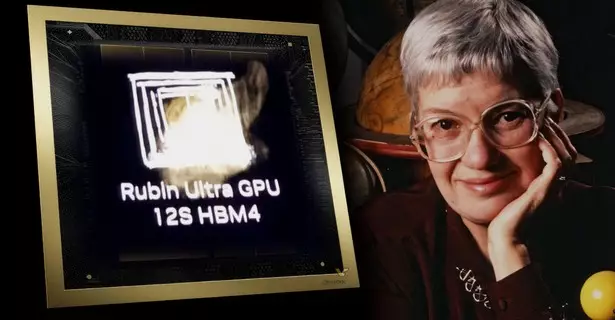The new HBM4 memory for video cards will be released soon. Specifications will be announced soon
17.07.24
The JEDEC organization is in the final stages of developing the next generation HBM (High Bandwidth Memory) multilayer memory standard. The final specifications of HBM4 will be published in the near future. The new standard promises significant increases in bandwidth, energy efficiency and chip capacity to meet the growing demands of computing accelerators, including those used for generative artificial intelligence.
In HBM4, the number of channels per memory stack will be doubled compared to HBM3, which will lead to an increase in the physical area of microcircuits. The standard will also ensure compatibility, allowing a single controller to work with both HBM3 and HBM4 as needed. Chips will use crystals with a density of 24 and 32 Gbit, and in one stack it will be possible to combine from 4 to 16 such layers. In terms of speed specifications, JEDEC has agreed on a range of up to 6.4 Gbit/s, and higher values are still under discussion.
The first device with the new HBM memory will be NVIDIA computing accelerators with the Vera Rubin, which are expected to debut in late 2025 or early 2026. In the next year and a half, Nvidia’s top accelerators will be equipped with chips of the HBM3e standard.
Don't miss interesting news
Subscribe to our channels and read announcements of high-tech news, tes
Logitech G Powerplay 2 wireless charging pad review

Logitech has great wireless mice, and there’s also the G Powerplay 2 wireless charging mat that will keep them charged right while you’re using them.
Garmin Vivoactive 6 smartwatch gets flagship features Garmin smart watches
Garmin has announced the Vivoactive 6 sports smartwatch, equipped with a “smart” alarm function and Running Dynamics technology, previously available only in the company’s more expensive models.
GeForce RTX 5090 graphics card for laptops 2 times slower than the version laptop Nvidia videocard
Nvidia’s Blackwell series mobile graphics cards are coming to market with some delay compared to the desktop versions.


